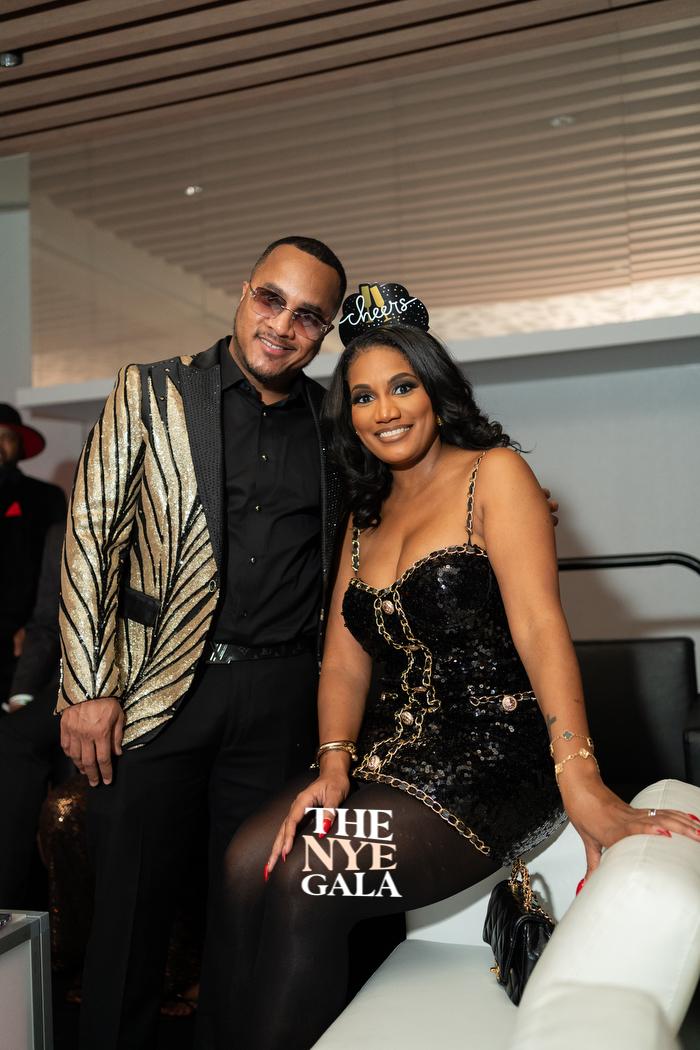How Sports Betting Ads and Parlays Impact the Black Community in the DMV

Everywhere you turn, sports betting is in your face. It’s on TV, your favorite podcasts, social media, and even the billboards you drive by on the way to work. DraftKings and FanDuel logos dominate our screens, sponsoring nearly everything under the sun. What once felt like a fringe hobby is now mainstream—everyone you know seems to be talking about hitting a 4- or 6-leg parlay. The dream? Turning a $5 bet into $100,000. The reality? Someone, somewhere always falls short—maybe Kevin Durant didn’t get those last two points, finishing the game at 19 instead of 20, and just like that, the bet crashes.
In cities like Washington, D.C., and surrounding areas in Maryland and Virginia (the DMV), sports betting has exploded. But behind the adrenaline rush and glowing success stories lies a harder truth, particularly for the Black community: Are these bets helping or hurting us? For communities already facing generational economic challenges, the answer feels uncomfortably clear. Sports betting may be entertaining, but it’s also a wealth transfer—from us to them.
Sports Betting by the Numbers: What’s Really Happening?
To understand the impact, let’s look at the stats:
- 12% of African Americans participate in sports betting, according to the Pew Research Center. That’s disproportionately higher compared to the national average of 8%.
- Nearly 4.9 million Black Americans engage in sports betting, and losses add up quickly. If each person loses an average of $200 annually on failed bets and parlays, that’s nearly $980 million leaving the Black community every year.
- For perspective, the median Black household income is $48,297, compared to the national median of $74,580, according to 2023 Census data. Combine that with the fact that fewer than 30% of Americans have $400 saved for an emergency, and sports betting losses begin to look less like entertainment and more like a drain on already stretched pockets.
A DMV-area bettor I spoke with, Malik Harris, 28, described the appeal of parlays: “It’s like hitting the lottery, but the chances feel better. You see the numbers—$5 to win $10,000—and think, why not? I can do that.” But Malik, like many others, admits he’s in the hole. “I’ve hit a few wins, but I’ve probably lost $1,000 or more in a year. I don’t even want to calculate it.”
Why Parlays Are a Trap
Parlays—bets where multiple outcomes must all hit for you to win—are designed to be alluring but mathematically brutal. Here’s the breakdown:
- A typical parlay combines 4 or more bets. If just one bet fails, the entire ticket is lost.
- While the odds of hitting a single bet might be 50% or better, parlays stack the deck. A 4-leg parlay can have odds of 10-to-1 or worse. A 6-leg parlay? You’re looking at odds that approach 100-to-1.
- Sportsbooks like FanDuel and DraftKings profit heavily off parlays, which have a 30-40% higher hold rate (the percentage of bets they keep as profit) compared to single-game bets.
For context, FanDuel’s parent company, Flutter Entertainment, reported over $4.8 billion in revenue in 2023, largely driven by parlays and casual bettors.
DMV’s Sports Betting Boom: Local Data
Sports betting is legal in D.C., Maryland, and Virginia, and the numbers show how quickly the DMV embraced it:
- Washington, D.C. legalized sports betting in 2020, and the city’s Office of Lottery and Gaming reported $90 million in wagers in 2023 alone.
- Maryland, which launched mobile betting in November 2022, saw $478 million wagered in just December 2023.
- Virginia, where sports betting became legal in early 2021, has reported over $6.4 billion in wagers since launch, with sportsbooks profiting $500 million in 2023 alone.
While these numbers speak to the booming industry, they also highlight the immense amount of money flowing out of communities and into the hands of major corporations.
The Impact on Wealth Building in the Black Community
The Black community in America has long faced an uphill economic battle, marked by disparities in wages, generational wealth, and access to financial tools. With systemic inequities already stalling wealth creation, the added challenge of sports betting losses feels particularly harmful.
Consider this: If someone bets $10 a day on parlays—a modest amount by some standards—that’s $3,650 a year. That same money could:
- Pay off credit card debt, which averages $5,000 for Black households.
- Go into a high-yield savings account, earning interest and building an emergency fund.
- Be invested in the stock market or used for a child’s education fund.
For many, though, the allure of quick money wins out. Dr. Keisha McClain, an economist and wealth advocate, notes: “Sports betting preys on hope—hope for quick riches, hope for an escape. But in reality, it’s a system rigged to exploit. The wealth gap widens when money that could be invested in homes, education, or savings disappears into sportsbooks.”
The Role of Advertising and Responsibility
The aggressive advertising campaigns—where sportsbook apps promise bonuses, free bets, and endless possibilities—only amplify the problem. In the DMV, ads are nearly unavoidable. According to Nielsen data, sports betting companies spent over $1.8 billion on advertising in 2023 alone.
Sportsbooks specifically target younger demographics, many of whom are Black and Brown. Social media influencers, athletes, and rappers partner with these brands to promote a lifestyle of winning. The message is clear: You can do this too. What they don’t tell you? The house always wins.
So, What’s the Solution?
Addressing the impact of sports betting requires a multifaceted approach:
- Financial Literacy Programs: Educating communities on saving, investing, and the real odds of sports betting can help people make informed decisions.
- Regulation of Ads: More restrictions on how sportsbooks advertise—particularly on platforms that target Black and Brown communities—could reduce exposure.
- Community Support: Resources for individuals struggling with gambling addiction are critical. In the DMV, programs like the National Council on Problem Gambling offer help, but awareness is low.
As sports betting continues to expand, it’s up to policymakers, community leaders, and individuals to sound the alarm. We can enjoy sports, we can even enjoy a bet or two, but we need to ask ourselves: At what cost?
The Bottom Line
The rise of sports betting in the DMV mirrors a national trend, but the stakes are higher for Black communities. When nearly $1 billion a year leaves our pockets and lands in corporate hands, the long-term consequences are clear. Wealth isn’t built through parlays—it’s built through discipline, savings, and investment.
Malik, the bettor from D.C., put it best: “At some point, you realize you’re betting against yourself. I’m trying to save now—even if it’s just $10 a day instead of betting it.” For communities chasing economic empowerment, maybe that’s the real win.







